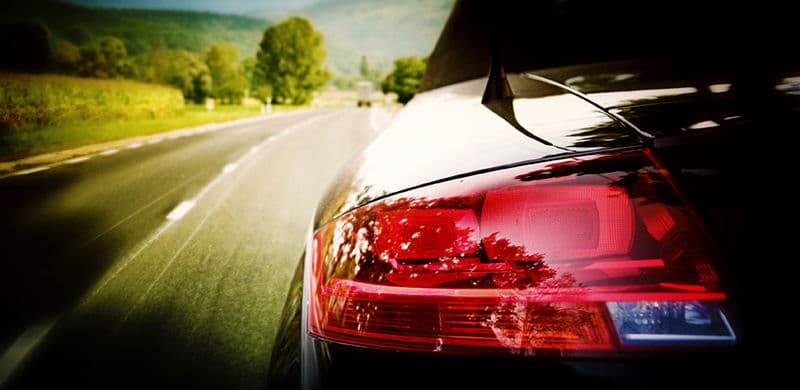Safety concerns with a Tesla self-parking feature raise questions about the possibility of a Tesla self-driving lawsuit. Although a fix was issued by the automaker after Consumer Reports noted that users might not have been able to stop their Model S in an emergency, the safety issue follows other concerns raised following the release of Tesla’s Autopilot feature in October 2015.
For more information, contact Attorney Group. We offer free, confidential, no obligation consultations. We can help answer your questions, and if you choose to pursue a claim we can connect you with an affiliated product liability attorney who can assist you through the legal process.
Important: The time you have to pursue a claim is limited. Contact us for more information.
What is the Tesla Self-Parking Feature?
According to Consumer Reports, the Tesla self-parking feature, called “Summon Mode,” allows “the Model S to be operated by remote control when the car is moving at very low speeds of around 1 mph, driving into your garage and closing the door, or opening the garage door and driving out.” The feature can also allow the car to pull in and out of tight parking places without a driver.
Consumer Reports: Concerns With Tesla Self-Parking Feature
Consumer Reports stated a concern with the Tesla self parking feature because:
[I]n an emergency, a user might not be able stop the car right away if they were to press the wrong part of the key fob (the buttons are not marked) or if they dropped the key fob.
The publication did note that the slow speeds involved would make the safety concern pose a “relatively low risk,” and that Tesla, in response to the concern, has issued worked out a fix that would be deployed to users in software updates.
Nevertheless – as with any product – if a defect causes injury, then the manufacturer could be liable for those injuries. A Tesla self-parking lawsuit could be an option for a user who is injured by a Model S operating in Summon Mode.
Will There Be a Tesla Self-Driving Lawsuit?
Product manufacturers have a duty to ensure their products are accompanied by full and accurate instructions and warnings to guide users. If a product maker fails to fulfill this duty, it could be held liable in lawsuits for injuries that may result.
Users who are injured by a defective product may be entitled to compensation for damages, including:
- Medical expenses
- The permanency of the injury
- Pain, suffering, and mental anguish
- Loss of income or ability to work
If a user dies from injuries caused by a defective product, family members may be entitled to compensation for the wrongful death of their loved one, including:
- Conscious pain and suffering of a loved one prior to death
- Pain, suffering, and mental anguish from the loss of a loved one
- Funeral expenses
As with any claim, an injured person must prove that the product was defective and that the defect caused injuries. When a problem is reported with a product, it does not mean that the product is defective.
Users who have questions about a possible Tesla self-driving lawsuit should speak to a qualified product liability attorney to learn more about their rights and remedies.
Contact Us For More Information
For more information, contact Attorney Group. You can fill out the form on this page, call us at the number listed at the top of the page, or email us at info@attorneygroup.com.
When you contact us, an attorney will follow up with you to speak with you about your case or answer questions that you might have. There is no cost or obligation to speak with us, and any information you provide will be kept confidential.
Please note that the law limits the time you have to pursue a claim or file a lawsuit for an injury. If you think you have a case, you should not delay taking action.
See our Frequently Asked Questions page for more information, and contact Attorney Group today.






